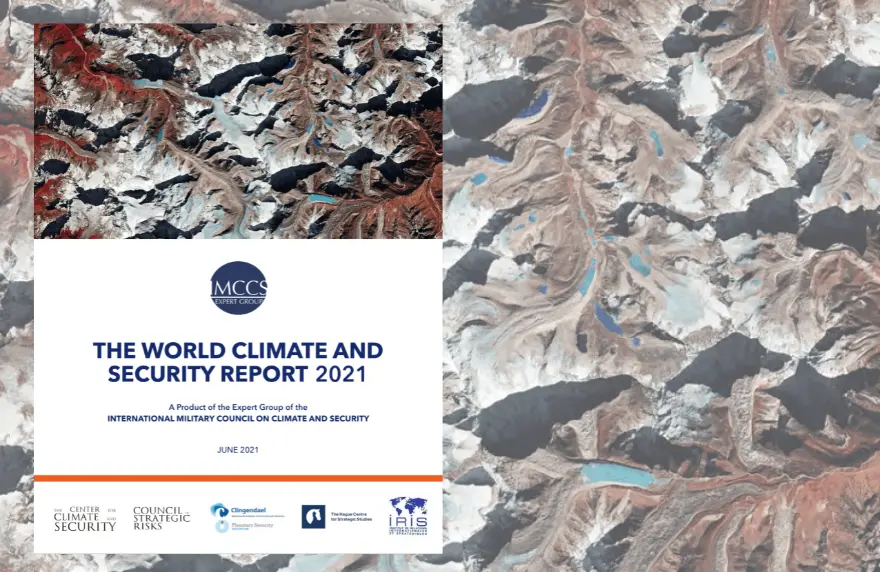In their new report “Resilient and Robust: Climate-Proofing the Military for Increased Military Effectiveness“, funded by Luxembourg’s Directorate of Defence, experts of the The Hague Centre for Strategic Studies have studied a number of dual-use climate proof technologies helping armed forces to become more resilient against the impacts of climate change and more robust in terms of military effectiveness.
The war in Ukraine has brought significant increases in European and NATO defence budgets and has taught us the importance of securing global supply lines. In addition, there is a growing recognition of climate change related impacts on the armed forces’ operational effectiveness.
With a focus on existing technologies and policies, the report offers a starting point to discuss potential opportunities for armed forces to become more self-sufficient in their operations. It shows how innovative technologies can help militaries reduce their carbon and logistical footprints, while maintaining – or even strengthening – their operational effectiveness.
Key findings of the report are:
- There is a rapidly developing range of green innovations that can boost military self-sufficiency and provide incentives with regard to greening the force: “The lowest hanging fruit to reduce the carbon footprint of defence are electricity and heat generation technologies in civilian offices and vehicles, military bases and training centres for which technology is already available now”.
- Green technologies can overall increase operational independence by reducing the required logistical support, dependence on local resources, costs and risks along supply lines.
- Massive investments into research and development for future capabilities are needed for climate-proofing military aviation and the armed forces’ tactical vehicles and enhancing their operational effectiveness. A push toward digitalization and semi-autonomous systems would support decarbonization by reducing the weight on board and thus the demand for fuel.
- To ensure that defence spending is done in a sustainable way, military procurement and training processes ought to be updated and public-private collaboration on green technologies for the military needs to be further facilitated across Europe.
The report can be downloaded on HCSS website.
Press release by the Directorate of Defence, Governement of Luxembourg









